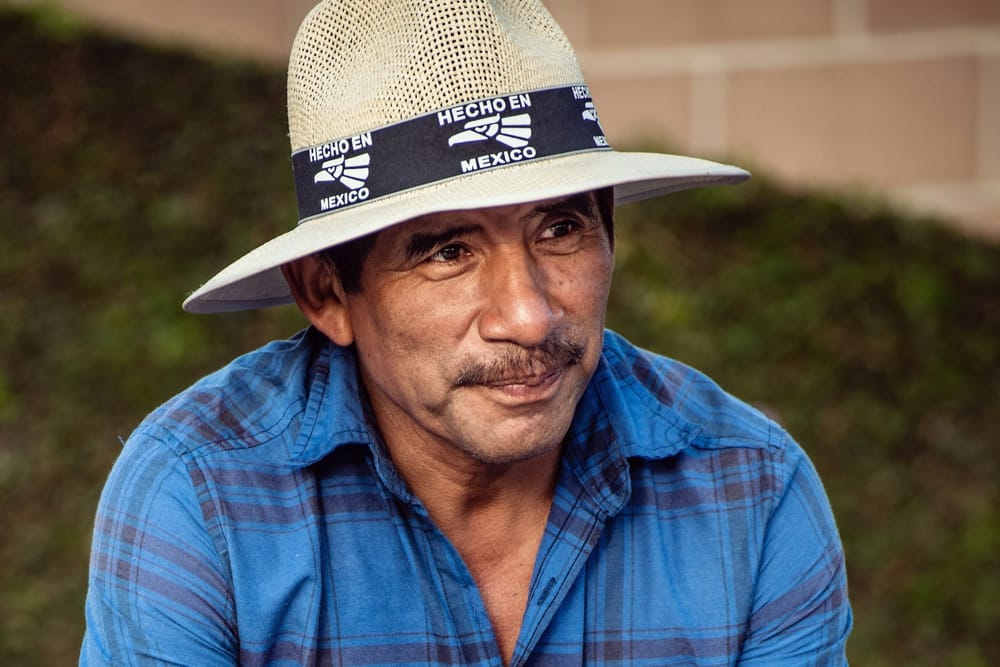It now seems that racial profiling and publicly speaking a language other than English is reasonable grounds for detainment.
In a decision from the Supreme Court on September 8, 2025, it is now possible for Immigration and Customs Enforcement (ICE) to continue their raids in L.A. with more freedom than they had before; now, one’s skin tone can lead to captivity under the guise of “reasonable suspicion.”
“Whether an officer has reasonable suspicion depends on the totality of the circumstances,” wrote Justice Brett Kavanaugh in his decision. “Here, those circumstances include…that many of those illegally in the Los Angeles area come from Mexico or Central America and do not speak much English.”
Kavanaugh then tried to make it clear that race alone does not give sound ground for detainment, but it is still able to be considered a “relevant factor” when in conjunction with other noticeable factors.
Whether US citizen or an immigrant of any kind, ICE can briefly stop whoever officers think fits the parameters of possibly being Latino or Hispanic, working as some sort of laborer (i.e., farm worker, machinist, painter, etc.) and speaks a language that could be mistaken for (or is) Spanish until citizenship is proven.
This decision by the conservative members of the bench puts thousands, if not millions, of brown-skinned people in the Los Angeles area and state of California at risk of being stopped and detained by ICE for simply not being white.
This could mean that any brown-skinned person working as a laborer in numerous fields could be stopped, even if they are not Hispanic or Latino. Numerous southeast Asian and immigrants with dark skin often get mistaken for being Mexican or the like.
The economic repercussions of such a move may be even more detrimental to the current economic state. Many of the people who do these types of jobs do so in part because no one else wants to do them. The average American, no matter their skin color, typically does not want to work a farm job that pays less than minimum wage for intensive labor.
For the Supreme Court to come out with a ruling that puts the whole workforce responsible for making sure everyone has food, electricity and working plumbing at risk because of the color of their skin is not only a public safety or economic threat, but it further solidifies the general thought among Black, Hispanic, Latino and Asian citizens that the government will only protect those in this country that are White or White-passing.
It is yet to be seen whether the sitting Supreme Court will fight for the constitutional rights of all persons in America and not just those who fill their coffers.
